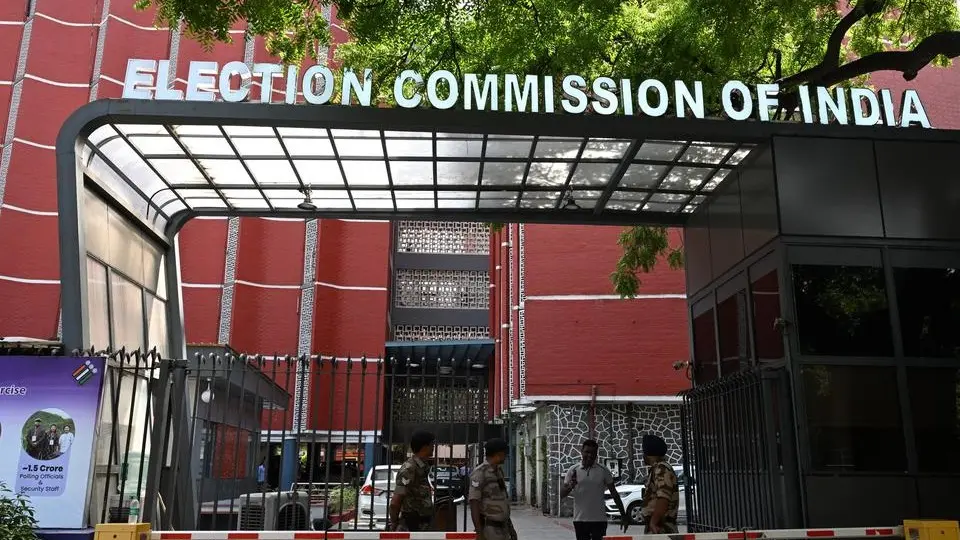New Delhi, October 9: The Supreme Court of India on Tuesday questioned the Election Commission (EC) over the transparency of its special intensive revision (SIR) of electoral rolls in Bihar, citing confusion over the inclusion and deletion of voters ahead of upcoming elections.
A bench led by Justice Surya Kant and Justice Joymalya Bagchi said transparency and access to information were “hallmarks of an open democracy,” and asked the EC to clarify whether the 21.5 lakh new names added in the final list were fresh registrations or restorations of names deleted during earlier revisions.
The final electoral roll published by the EC shows 7.42 crore eligible voters in Bihar, up from 7.24 crore in the draft roll. During the revision, the EC had removed 65 lakh names from the draft list, later deleting an additional 3.66 lakh voters before final publication.
“There is confusion about the names added in the final list. What is the identity of these people? Are they new voters or reinstated ones?” Justice Bagchi asked, adding that the clarification was necessary to maintain public faith in the electoral process.
The court also sought to know whether voters deleted from the final rolls were individually informed, as required under Rule 21A of the Registration of Electors’ Rules, 1960, so they could exercise their right to appeal.
Senior advocate Rakesh Dwivedi, appearing for the EC, said the data from ground-level officers was still being processed but added that the poll body had not received a single complaint of wrongful exclusion. He said the final list had already been shared with political parties.
Advocates Prashant Bhushan and Neha Rathi, representing the petitioners, alleged that the EC’s exercise had resulted in large-scale voter exclusion and lack of transparency. Their written submissions claimed that although Bihar’s estimated adult population in September 2025 was 8.22 crore, the final rolls listed only 7.42 crore electors, suggesting that around 80 lakh adults, or nearly 10% of the population, had been excluded.
They also pointed to a gender gap, noting that the female voter ratio had fallen from 934 to 892, indicating about 17 lakh missing women voters. The petition further alleged disproportionate exclusion of Muslims, who accounted for 25% of deletions in draft rolls and 34% in final deletions, as well as technical irregularities such as duplicate entries and invalid data fields.
The court directed the EC to respond to the petitioners’ analysis and posted the case for further hearing on Thursday.
